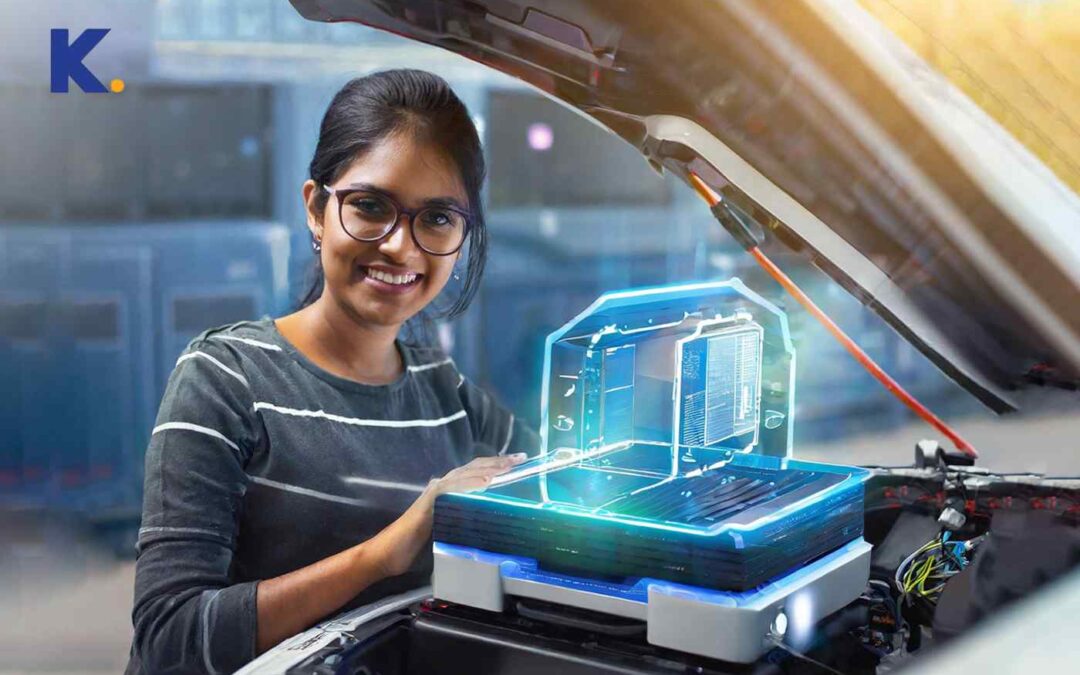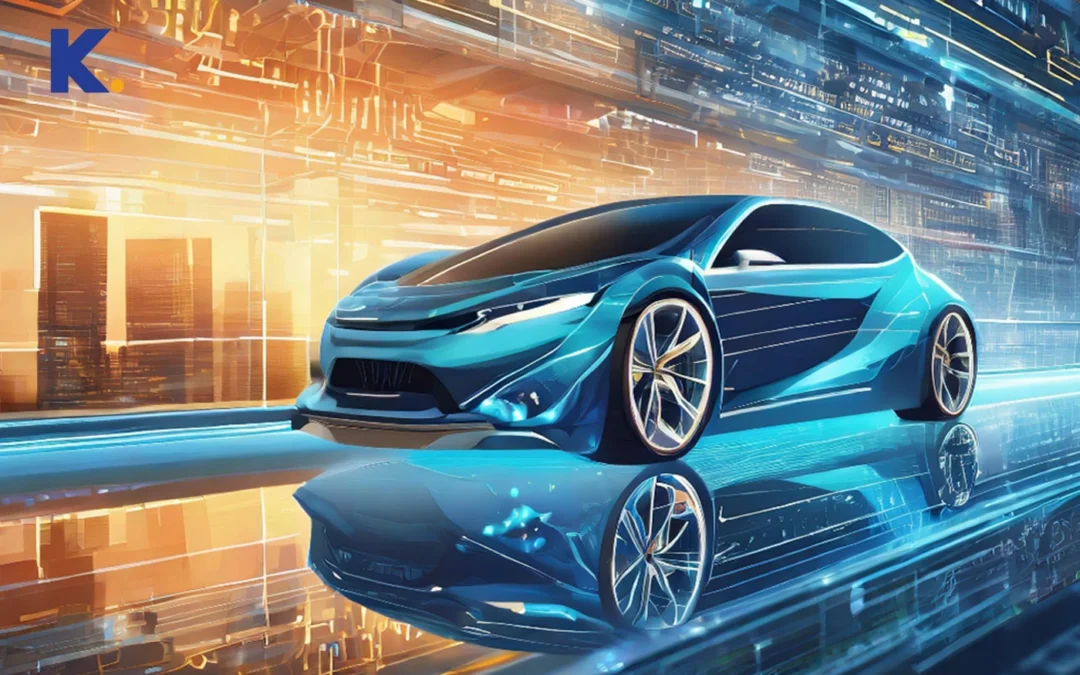

Automotive Software Development
We offer comprehensive suites of software solutions engineered to drive innovation to address our client’s challenges and optimise their operations.
Harnessing the power of our software development expertise, we deliver a streamlined and efficient approach that propels automotive systems from design to deployment at an accelerated pace. Our services are centred around ensuring system interoperability and peak performance, which is critical in today’s fast-evolving automotive landscape.
Our Software Development Services

AutoSAR & Non-AutoSAR
We provide versatile software development services for both AutoSAR-compliant and Non-AutoSAR systems, ensuring interoperability and scalability for automotive ECUs, regardless of the underlying architecture.
BSW (Basic Software) Development
Our BSW Development services focus on creating reliable and optimised foundational software layers that support the core functions of automotive systems, ensuring seamless interaction with the vehicle’s hardware.
MCAL (Microcontroller Abstraction Layer) Development
We specialise in MCAL Development, creating abstraction layers that allow higher-level applications to interact with the microcontroller hardware through a standardised interface.

Stack: Diagnostic & Com
Our Diagnostic and communication stacks are designed to enable robust vehicle diagnostics, control, and communication capabilities ensuring vehicles are connected to diagnostic managers, and issues are swiftly identified and addressed.

Bootloader
We develop custom Bootloaders that ensure secure and reliable firmware updates, critical for maintaining the integrity and performance of automotive systems.
Firmware
Our Firmware development services focus on creating the essential software that provides low-level control for the vehicle’s hardware, tailored to meet specific operational requirements.
Device Drivers
We craft specialised Device Drivers that allow the vehicle’s operating system to communicate effectively with the hardware components, ensuring optimal performance and reliability.
Model-Based Development
Our Model-Based Development services use sophisticated simulation models to accelerate the design and testing of automotive systems, reducing time-to-market and enhancing product quality.
Safety Software
Developing Safety-Critical Software with a focus on mitigating risks and enhancing reliability is at the heart of our Safety Software services.
ISO 26262 Compliance
We ensure that all software development processes and products are in strict compliance with ISO 26262 standards for functional safety in road vehicles.
Code Generation
With our advanced Code Generation techniques, we automate the creation of error-free, efficient code for various automotive applications, streamlining the development process.
Low Code, No Code
Embracing the latest in development efficiency, our Low Code and No Code platforms enable rapid development and deployment of automotive software applications with minimal hand-coding required.
Drive Innovation and Enhance your Operations with our End-To-End Software Development Solutions Tailored for your Requirements.
Our Blogs
Taming the Terrain: Overcoming Software Integration Challenges in Electric Vehicles
IntroductionThe electric vehicle (EV) revolution is in full swing, but Tier 1 suppliers face a unique set of hurdles on the road to a sustainable future. While their expertise in traditional automotive engineering is invaluable, navigating the complexities of EV software integration presents a new challenge. At KARNEX, a leading…
Attracting Top Talent and Cultivating Innovation: The Keys to Success in Automotive Software Development
IntroductionThe skillsets required to design, develop, and integrate software into complex vehicles have expanded dramatically. Today\'s automotive OEMs need a new breed of engineers with expertise in: The automotive industry is undergoing a seismic shift. Software is no longer just an afterthought; it\'s the very fabric of modern vehicles. This…
Contact Us

Frequently Asked Questions
What are the benefits and limitations of low code/no code approaches in the automotive industry?
Low code/no code platforms accelerate development, reduce the need for specialized coding skills, and allow rapid prototyping and iteration. They can lead to cost savings and more efficient project management by enabling a broader range of team members to contribute to the development process.
How do you ensure device driver compatibility and performance in vehicles?
Compatibility and performance are ensured through rigorous testing, including simulation and in-vehicle testing, adherence to automotive standards, and continuous updates and optimizations based on hardware variations and advancements. Collaboration with hardware vendors and a detailed understanding of the hardware architecture is also crucial for optimized driver performance.
How does model-based development improve the software development process in the automotive industry?
Model-based development improves the software development process by enabling a more visual and intuitive design approach, facilitating simulation and early validation of designs, and automating aspects of the coding process. It leads to increased efficiency, fewer errors, better collaboration among team members, and a more agile response to changes in requirements.
What are the cost and time benefits of adopting AutoSAR for automotive projects?
Adopting AutoSAR leads to standardisation and reusability of software components, reducing development time and costs. It facilitates better integration of modules from different suppliers and allows for a more scalable and flexible architecture. Over time, maintenance becomes more streamlined, and the ability to adapt to new technologies is enhanced.
What role does code generation play in ensuring compliance with automotive industry standards?
Code generation automates the creation of code from high-level models, ensuring consistency and adherence to design specifications and standards. It reduces the risk of human error and accelerates the development process. In the context of compliance, automatically generated code can be tailored to meet specific industry standards and regulatory requirements, ensuring consistency and accuracy.
What are the implications of low code/no code development for the future workforce in automotive software engineering?
The rise of low-code/no-code platforms is likely to democratise software development in the automotive industry, requiring a shift in skills towards more design-oriented, problem-solving, and collaborative roles. While reducing the need for deep coding expertise, it emphasises the importance of understanding system design, user experience, and project management. It also encourages a more diverse range of people to participate in software development, broadening the talent pool and fostering innovation.


